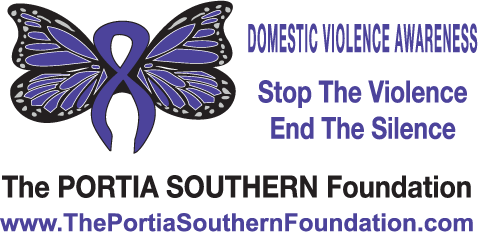top of page

CONTACT

FOR MORE INFORMATION ABOUT THE FOUNDATION CONTACT US HERE




1/3
If you are a victim
or wish to report
an incident,
call us toll free,
24 hours a day,
7 days a week
1-800-799-SAFE (7233)
1-800-787-3224 (TTY)
CONTACT US
bottom of page
